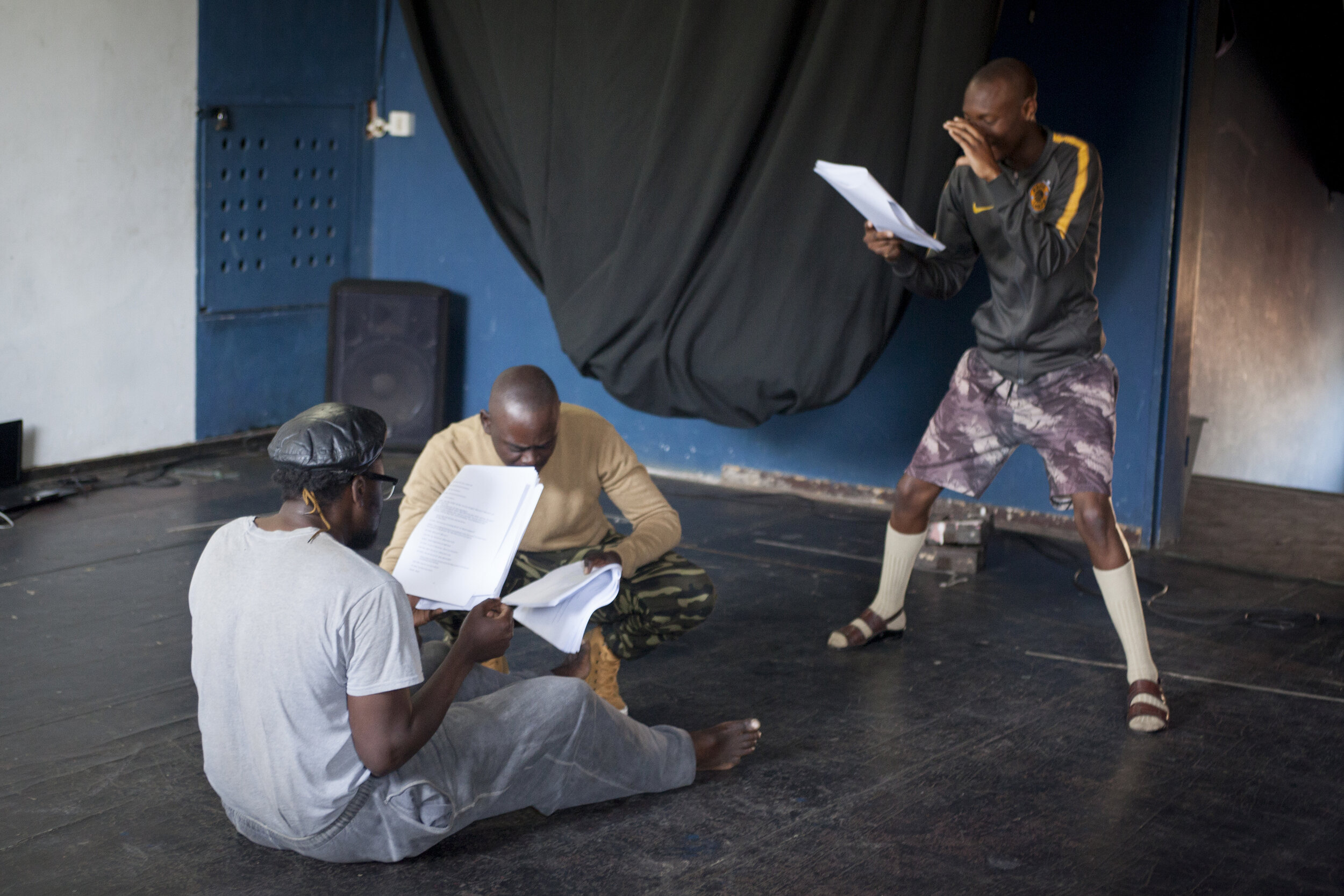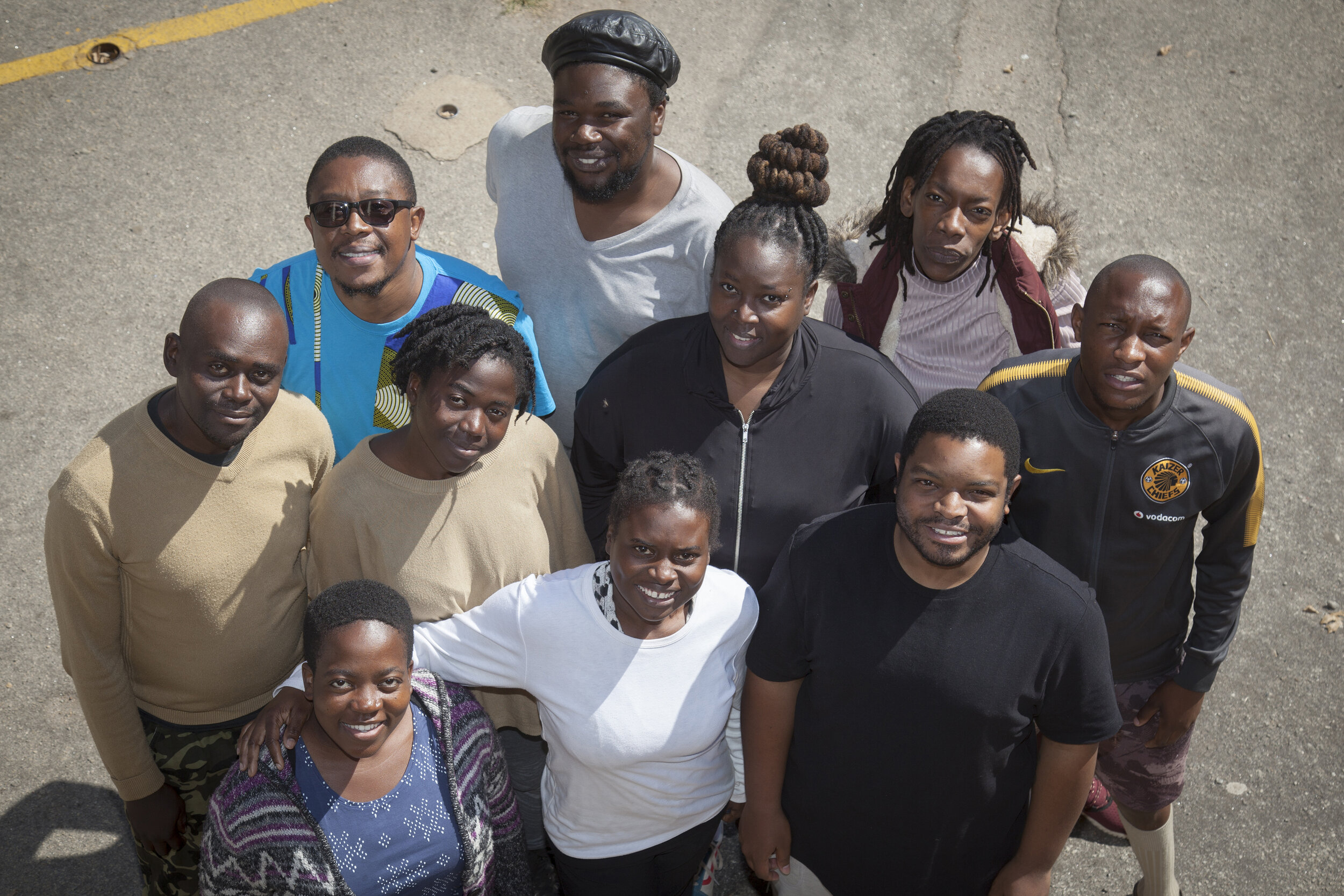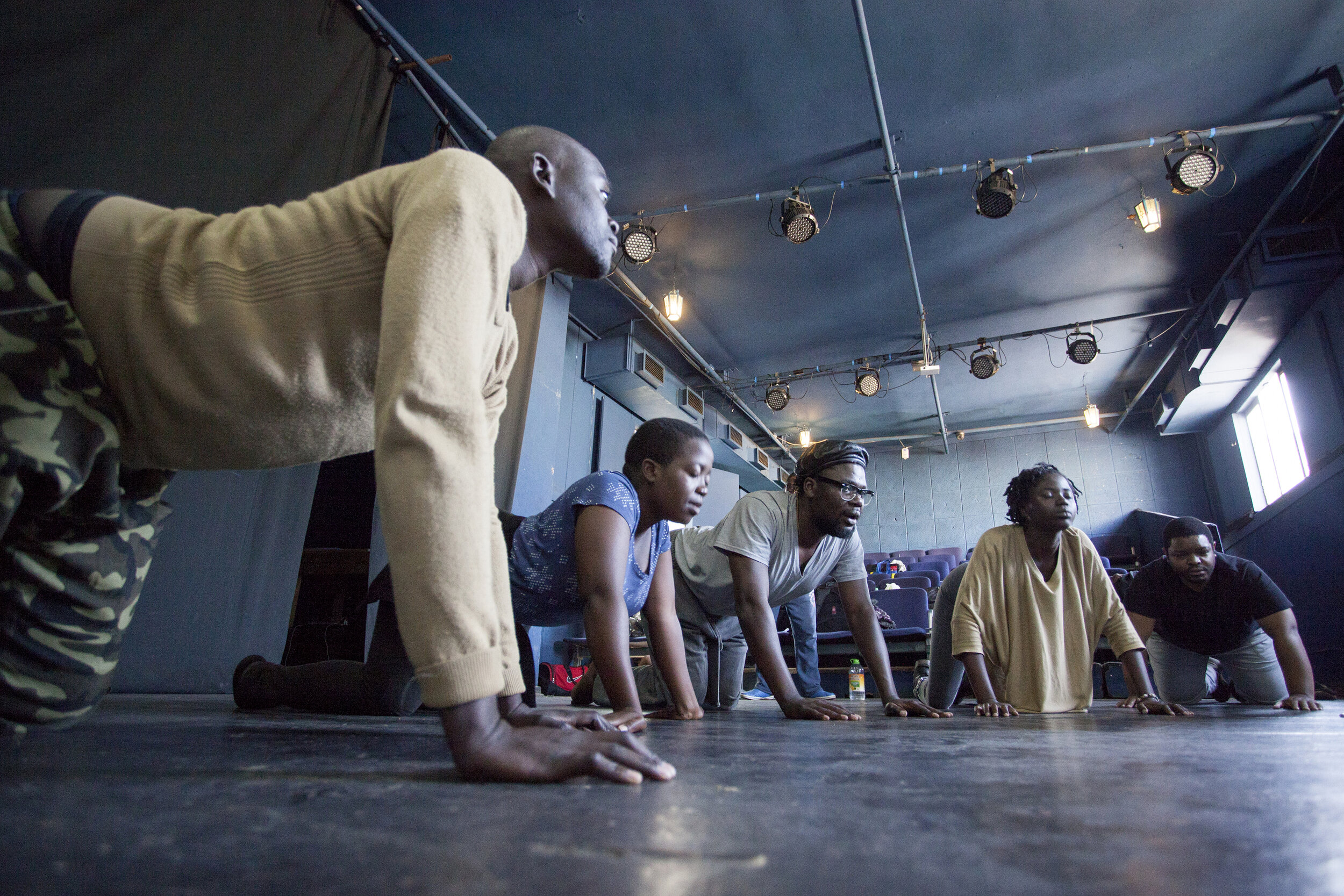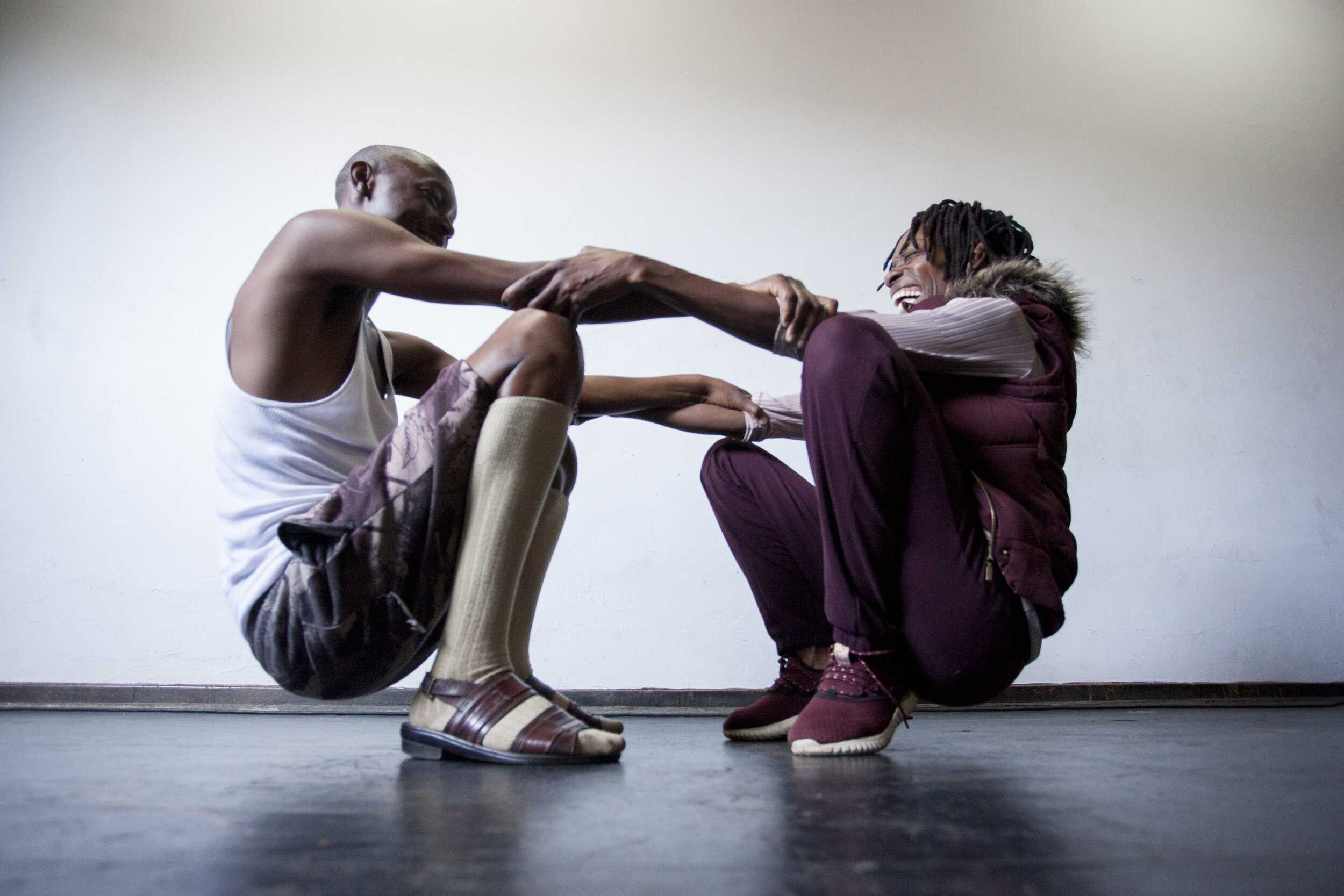Schoolgirls - A Sisters’ Thang!!!
Harare, December 17th 2019 | Sandra Chidawanyika-Goliath
When I read this play for the first time, I fell in love with the idea that a serious topic was finally being told not only using comedy – but in a place we are all familiar with; the school ground. Not only are the themes of colorism, bullying in schools and identity issues strong in Jocelyn’s writing, but she has taken a lot of time to develop each of the characters; from Nana’s love for ‘wholesome’ food and admiration of her victimizer to the two cousins who provide most of the comic relief-wanting to speak out but holding back for fear of being thrown out of the most popular clique in the school. Inspired by true events, the play takes us to Ghana’s most exclusive boarding school where we see the most popular girl in school, the seemingly enchanting and sweet Paulina. Paulina proves to be not so sweet as we see how far her ambition to continue in her reign as the Queen Bee will take her. In comes Ericka, taller and fairer than her, with straight hair which she does not have to stretch with a hot comb. Then things get heated.
With a cast of eight women all played by female actors, with a female narrator, a female stage manager and, a female director helming the staged reading, and having continuously been exposed to the notion that it is as easy for an all-female project to fail as it is for it to succeed, I began my planning with a SWOT analysis.
· Our strength was presented in the form of a powerful script, where each character’s intentions and journey were clear. The relationships and cliques were situations where each of us had been in as schoolgirls. In her text, Jocelyn gave each actor something to use in creating her character's back story. The playset in Ghana could be performed anywhere in the world, and to any generation, and still, be understood.
· Eleven females in a shared working space for almost seven hours a day, for six whole days! Surely no workspace can survive the effects of all that progesterone! There have been reported instances where females who share the same space for a time can actually have matched cycles. Anyone who has heard of the urban myth of period syncing can tell you that this is a recipe for disaster.
· The opportunity present, though an internal factor, was a strong team of professional actors, some with decades of experience in theatre and some newcomers. These actors were selected for their reputation as players who would bring the right attitude into the rehearsal room, be prepared to work hard and play hard until the very end.
· In an environment where our actors are juggling fuel queues, school runs, exam schedules, this possible threat was handled by Almasi who recognized the positive impact this group of women play not only in the world of the play but extending to their roles as mothers, tutors, chefs, nurses, wives, and daughters. As an avid planner who likes to have a schedule and a routine in place I learned that as long as one is well organized, it becomes easy when one has to deal with sudden changes of absences by a member of the cast.
Traditionally we have been taught to be competitive with one another, but the truth is that raising each other up and channeling the power of collaboration is truly how we’ll change the equation—and have a lot more fun along the way. As actors I know these powerful voices were all leaders in their domestic environments, and all faced not so different hurdles daily, in an industry mostly dominated by our male counterparts.
Working with these amazing women was a great opportunity to not only reverse the stereotype that women do not work well together but to also bring alive a piece of text which is very current and close to a lot of women’s hearts. To kick off this process, I invited the all-female cast to share their expectations. These included the desire for artistic and personal growth that will cultivate a great production, to see how an all-female cast and crew works, to have a new family and learn new things and to experience the teamwork and good vibes. Armed with these shared objectives, I set out to promote/create a circle of trust where these professionals would benefit from collaboration over competition.
During the course of the 6 days, each actor was given a chance to lead a warm-up before rehearsals. The aim was to create team spirit, and have fun while discovering the work. With a comedic piece the temptation is to play for audience laughs, but once we soaked ourselves into the world of the play, each character’s backstory wants and needs and, made decisions on how she would react to every obstacle in her way.
My vision was for our staged reading of Jocelyn’s timeless play to not only bring a brew of familiarity and truth into the audience’s lives but to create a platform where colorism and bullying could be identified and plucked out.
This piece is as relevant now as it was in the 1980s, and recently most social media platforms have become a battlefield, with females of all ages exhibiting selfie addiction, which brings with it the need to be seen as fashionable and trendy to gain social acceptance and superiority.
Emperor Haile Selassie of Ethiopia, addressing the United Nations General Assembly in 1963, highlighted that people of color would continue to face discrimination until “the philosophy which holds one race superior and another inferior is finally and permanently discredited and abandoned… until there are no longer first-class and second-class citizens of any nation…until the color of a man’s skin is of no more significance than the color of his eyes… until the basic human rights are equally guaranteed to all without regard to race…”
On a celebratory note, let me add that Jocelyn’s work and the work of those who lent their voices and energies to this cause was not in vain, as less than a month after this reading we joined the world in congratulating the newly crowned Miss Universe from South Africa, who set media and fans abuzz with her natural short hair and dark complexion. Rather heartwarming, as not only did each of the girls gain a place in history as change-makers, she gained a sister.
Thank you Almasi.





